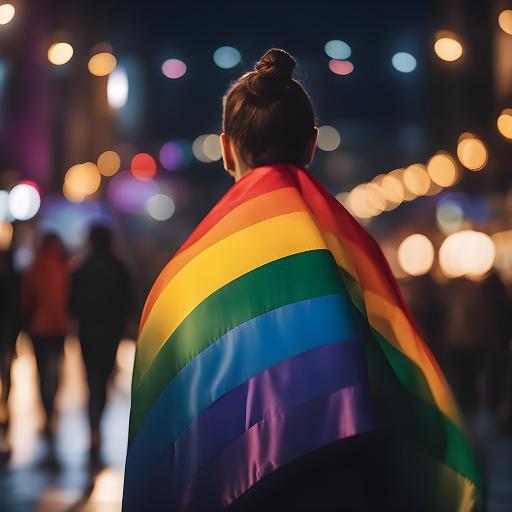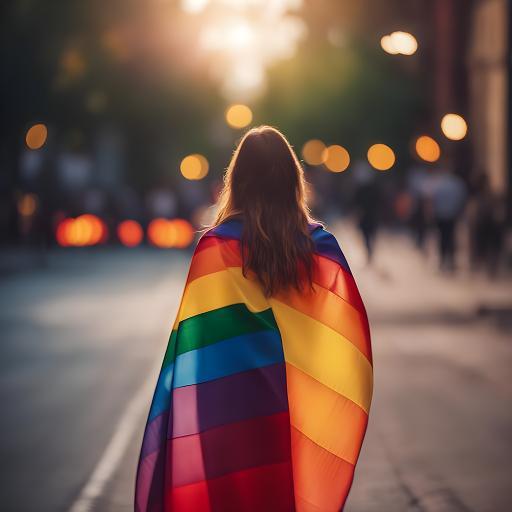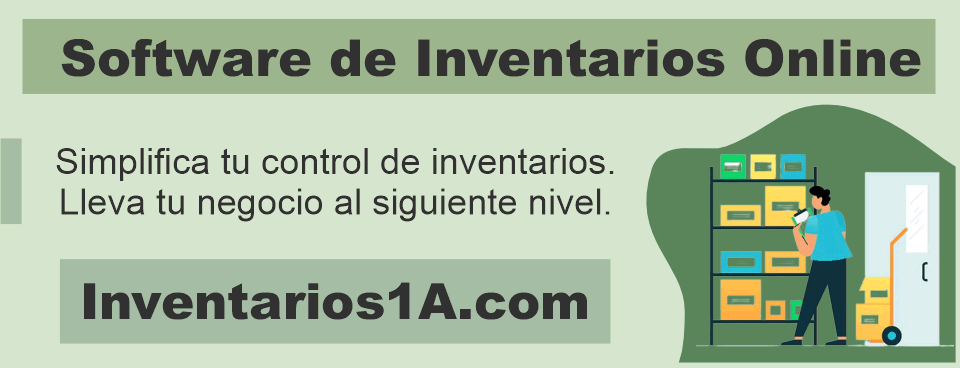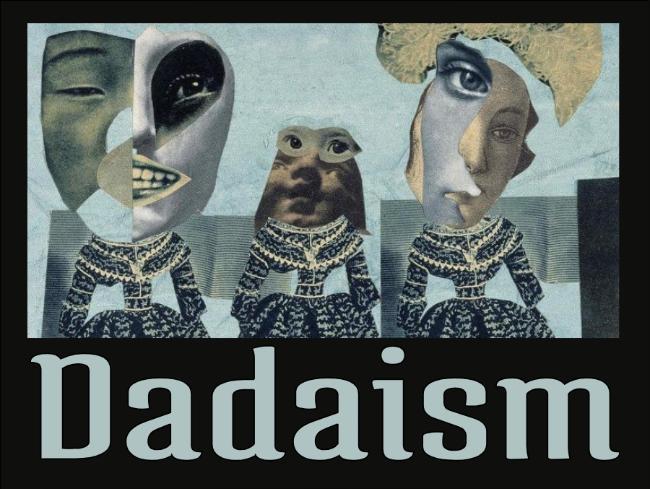Navigating the Woke Culture: How People Engage in Societal Change

The "woke" culture is a term used to describe a social and cultural movement that focuses on awareness and action on issues of social justice, racial and gender equity, and other topics related to oppression and discrimination. The term "woke" comes from English and roughly translates as "awake" or "conscious." It has become a controversial term often used pejoratively by those who criticize its goals and tactics.
Woke culture is characterized by its focus on combating racism, sexism, homophobia, transphobia, and other forms of discrimination. Advocates of woke culture believe it is important to acknowledge and address these issues in society and various institutions, such as government, education, media, and businesses. This may include promoting inclusive policies, adopting inclusive language, and supporting movements like Black Lives Matter and the LGBTQ+ movement.
However, woke culture has also been the subject of criticism and debate. Some argue that it can be excessively dogmatic or intolerant of divergent opinions, leading to discussions about "cancel culture" or the public targeting of individuals expressing views considered insensitive or unacceptable from the woke perspective. It has also been argued that woke culture sometimes exaggerates or simplifies complex issues and can contribute to polarization in society.
In summary, woke culture is a movement that seeks to address issues of social justice and equity, but its impact and effectiveness, as well as its criticisms, vary depending on each person's perspective.

Embracing Woke Values: Pillars of Social Justice and Equality
The woke movement generally adheres to various ideals and fundamental principles related to social justice, equity, and the fight against discrimination. Some of the most common ideals and principles associated with woke culture include:
- Awareness of oppression: Advocates of woke culture believe in the importance of recognizing and being aware of the ways in which oppression, discrimination, and prejudice operate in society. This includes acknowledging racial, gender, sexual orientation, and other forms of inequality.
- Fighting against injustice: Woke culture advocates for active action to address and combat social injustice in all its forms. This may include participating in protests, promoting public policies that promote equality, and supporting movements such as Black Lives Matter, the LGBTQ+ movement, and similar social movements.
- Equality and equity: The pursuit of equal rights and opportunities for all individuals, regardless of their race, gender, sexual orientation, religion, or other personal characteristics is central to woke culture. Additionally, equity is valued, which involves addressing historical and structural inequalities that have persisted over time.
- Inclusive language: Woke culture promotes the use of inclusive language that recognizes and respects gender identity and racial and ethnic diversity. This may include the use of preferred pronouns and the elimination of terms or phrases considered offensive or exclusionary.
- Cultural sensitivity: Cultural sensitivity and understanding of the perspectives and experiences of different groups of people are encouraged within woke culture. This involves listening to and learning from the voices and experiences of those who have been marginalized or discriminated against.
- Critique of dominant culture: The woke movement often critiques the culture and dominant structures that perpetuate oppression and discrimination. This may include criticism of the media, politics, and other institutions seen as contributors to inequality.
It's important to note that woke culture is not a monolithic movement, and opinions and approaches can vary among its followers. Some may take a more radical stance, while others may focus on awareness and education. Additionally, woke culture has been the subject of criticism and controversy, and not everyone agrees with its principles or tactics.






